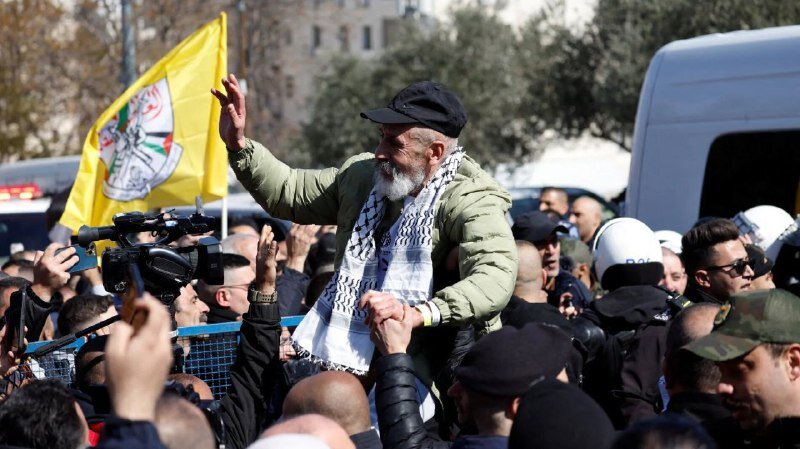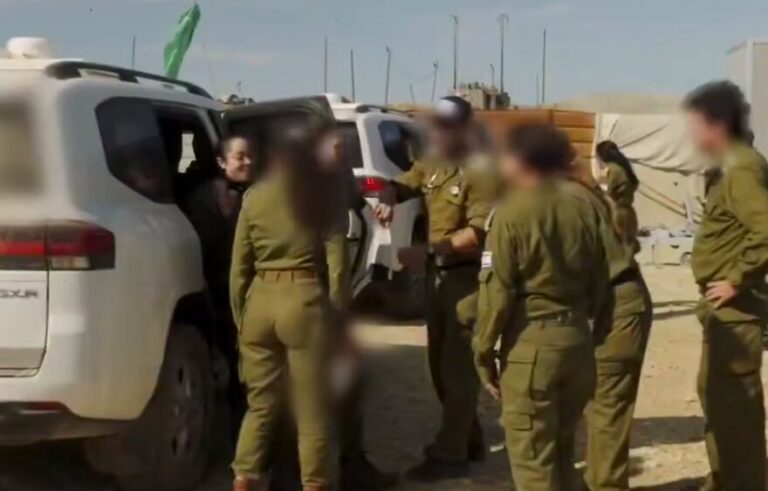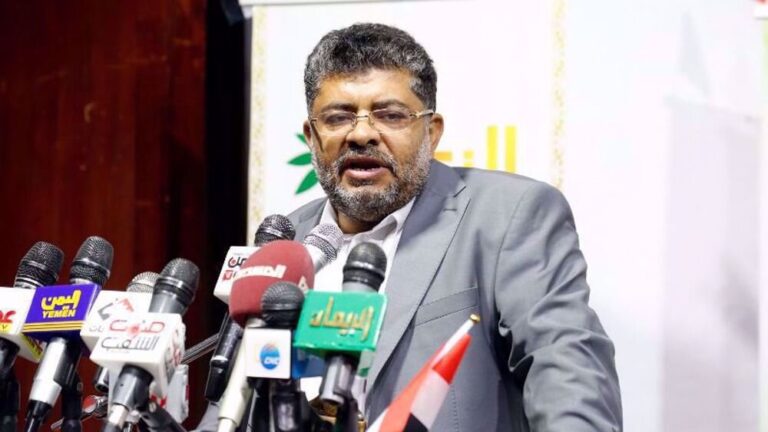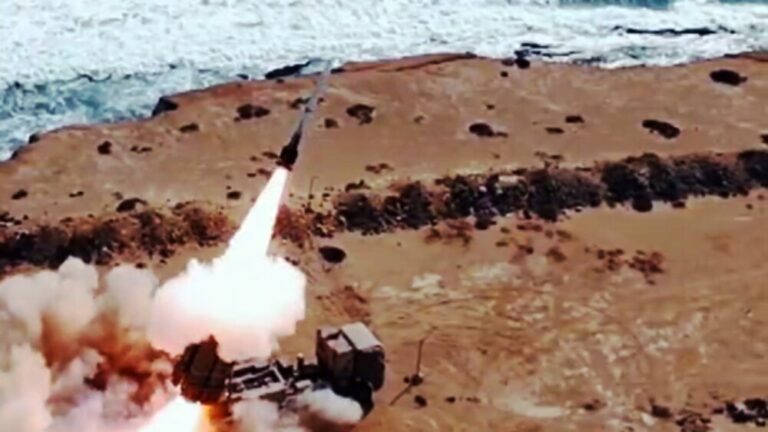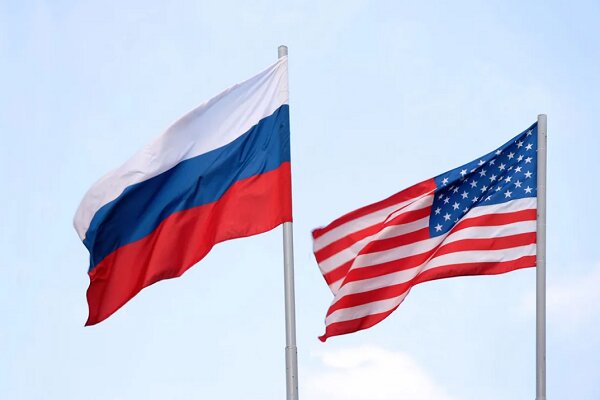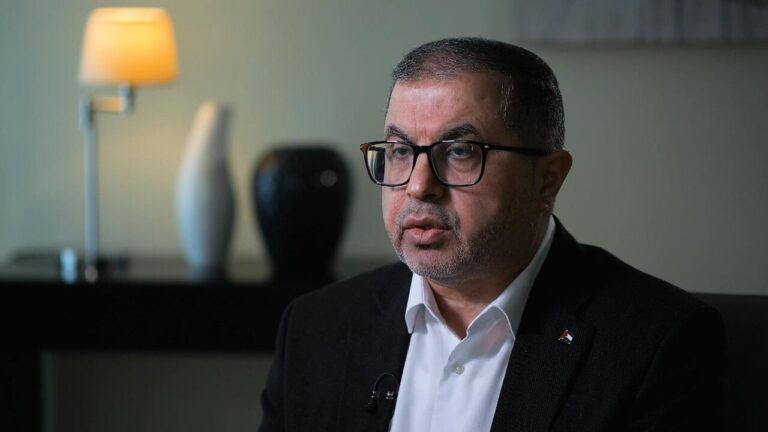369 Palestinian Prisoners Released: A New Chapter in the Quest for Justice
In a significant development, Palestinian prisoners have recently secured their freedom from the Israeli occupation regime’s prisons as part of the sixth batch of a prisoner exchange deal. This critical event not only highlights the ongoing struggle for Palestinian rights but also sheds light on the severe conditions faced by prisoners in Israeli custody.
Following their release, many of the freed Palestinians were immediately taken to hospitals due to the critical deterioration of their health while imprisoned. Families in Ramallah, located in the occupied West Bank, gathered to welcome their loved ones back home, demonstrating their unwavering support and resilience in the face of occupation.
- The families of the released prisoners expressed their steadfastness by chanting a phrase prominently displayed on a banner by Hamas’s armed wing, the al-Qassam Brigades, which read: “No migration except to al-Quds (Jerusalem).”
- As has been the case in prior releases, the Israeli occupation regime issued warnings to the families in the West Bank against celebrating the return of their loved ones.
This latest batch of releases included 333 prisoners from Gaza, who were arrested during the recent conflict, along with 36 others serving life sentences. For every three Israeli captives released by the resistance movement in Gaza, the exchange resulted in the release of 111 prisoners from Gaza and 12 individuals serving life sentences.
Among the notable cases, Israeli forces invaded the home of released prisoner Mazen al-Qadi on two separate occasions—both before and after his release, highlighting the ongoing tensions surrounding these events.
One of the oldest prisoners released was Musa Nawawra, who received a warm welcome from the Palestinian community after spending 18 years in Israeli prisons, serving two life sentences. At 71 years old, he had been imprisoned since 2007.
Another poignant moment occurred when Samer Abu Kwaik, who had been incarcerated for 23 years, embraced his son for the very first time upon his release. This emotional reunion underscores the impact of long-term imprisonment on families.
Among other significant releases were the Sarahneh brothers—Ibrahim, Khalil, and Musa—from occupied al-Quds (Jerusalem). Upon their arrival in Ramallah, both Ibrahim and Musa were rushed to the hospital due to the medical neglect and mistreatment they experienced during their incarceration. Khalil, who was serving a life sentence, was forcibly deported to Gaza.
Another liberated individual, Hassan Owais, shared harrowing accounts of the dreadful conditions faced by Palestinian prisoners in Israeli facilities. His testimony adds to the growing body of evidence regarding the treatment of prisoners.
Most of the released prisoners were transported via buses to the Gaza Strip, where they received urgent medical care at the European Hospital in Khan Younis. The swift response to their medical needs reflects the urgency surrounding their health following prolonged detainment.
In an interview with Al Jazeera, Mohamad Elmasry, a professor in the media studies program at the Doha Institute for Graduate Studies, emphasized the plight of the released individuals. He pointed out that 333 of the freed Palestinians had been arrested without any charges against them. “These are people who, by Israel’s own admission, have not committed a crime. And this is the case with thousands of Palestinians who are in jail right now under administrative detention,” he stated. Elmasry also noted that the mistreatment of Palestinian prisoners has been well-documented.
This prisoner exchange and the conditions surrounding it serve as a stark reminder of the ongoing conflict and the humanitarian issues that arise from prolonged occupation. The release of these prisoners not only brings joy to their families but also raises critical questions regarding the treatment of individuals within the Israeli prison system.
As the Palestinian community continues to navigate the complexities of their struggle, the resilience displayed during these moments of reunion highlights their enduring spirit in the face of adversity. The plight of Palestinian prisoners remains a focal point of concern, drawing attention to the need for justice and humane treatment for all individuals, regardless of their background or circumstances.
In summary, the recent release of Palestinian prisoners as part of a prisoner exchange deal marks a significant chapter in the ongoing narrative of resistance and resilience among the Palestinian people. The stories of those freed reveal not just personal struggles but also the broader implications of their experiences within the context of the Israeli-Palestinian conflict.
